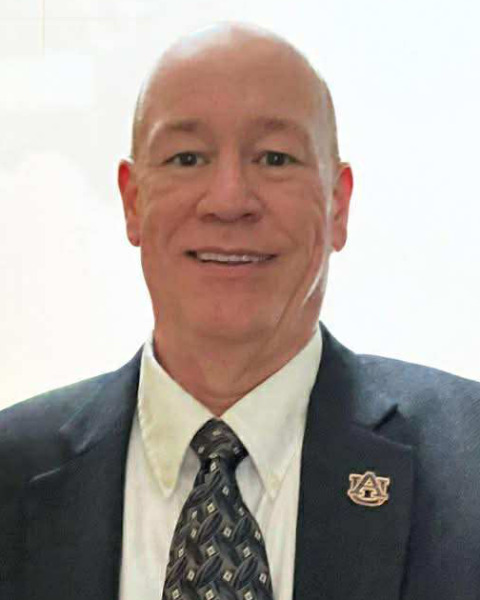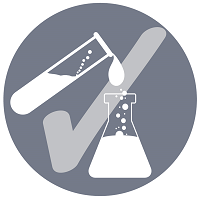Formulation and Delivery
Symposium: Enabling Technologies and Materials for Formulation Innovation 1
Innovative Pathways: Trends in IND Studies for Nanomedicines
Tuesday, November 11, 2025
10:30 AM - 11:00 AM CT
Location: Stars at Night B1

Robert D. Arnold, PhD (he/him/his)
Professor, Director of Research
Auburn University, Dept Drug Disocvery and Development
Auburn, Alabama
Hot Topic Speaker(s)
Nanomedicines represent a promising frontier in drug delivery, offering targeted therapeutic effects, improved bioavailability, and reduced toxicity. However, their development poses unique challenges that must be addressed to ensure safety and efficacy. This symposium explores current trends in Investigational New Drug (IND) enabling studies for drug carriers and nanomedicines, focusing on the Chemistry, Manufacturing, and Controls (CMC) section, including chemical characterization, formulation, stability, and proof of concept through in vitro and in vivo studies.
The development of nanomedicines involves overcoming several hurdles, including the complexity of their design, the need for precise chemical and physical characterization, and robust stability. Nanomedicines must be engineered to achieve the desired therapeutic effect while minimizing potential toxicity. Additionally, regulatory guidelines for nanomedicines are still evolving, necessitating comprehensive studies to meet stringent safety and efficacy standards. IND-enabling studies are crucial for the successful development of nanomedicines, providing necessary data to support the CMC section of the IND application, ensuring that nanomedicines are well-characterized, stable, and effective.
Chemical characterization is a fundamental aspect of IND enabling studies for nanomedicines. This involves identifying and quantifying the active pharmaceutical ingredient (API) and excipients, as well as understanding the physicochemical properties of the nanomedicine. Challenges associated with accurately characterizing the distribution of surface targeting moieties, drug loading, stability, and release kinetics under physiological conditions and in vitro/in vivo performance are critical to successful development and translation to the clinic. This symposium will review overall challenges unique to nanomedicines and provide innovative approaches to fulfilling these requirements, paving the way for the future development of effective and safe nanomedicines.
The development of nanomedicines involves overcoming several hurdles, including the complexity of their design, the need for precise chemical and physical characterization, and robust stability. Nanomedicines must be engineered to achieve the desired therapeutic effect while minimizing potential toxicity. Additionally, regulatory guidelines for nanomedicines are still evolving, necessitating comprehensive studies to meet stringent safety and efficacy standards. IND-enabling studies are crucial for the successful development of nanomedicines, providing necessary data to support the CMC section of the IND application, ensuring that nanomedicines are well-characterized, stable, and effective.
Chemical characterization is a fundamental aspect of IND enabling studies for nanomedicines. This involves identifying and quantifying the active pharmaceutical ingredient (API) and excipients, as well as understanding the physicochemical properties of the nanomedicine. Challenges associated with accurately characterizing the distribution of surface targeting moieties, drug loading, stability, and release kinetics under physiological conditions and in vitro/in vivo performance are critical to successful development and translation to the clinic. This symposium will review overall challenges unique to nanomedicines and provide innovative approaches to fulfilling these requirements, paving the way for the future development of effective and safe nanomedicines.
Learning Objectives:
- Upon completion, participants will be able to describe the diversity and uniqueness of nanomedicines compared to conventional dosage forms and identify the key challenges and opportunities associated with their development.
- Upon completion, participants will be able to describe the latest techniques and methodologies for characterizing and testing nanomedicines, as well as innovative approaches being explored to advance their development.
- Upon completion, participants will be able to describe recent examples and innovative approaches to improve the characterization and success of nanomedicine development.

